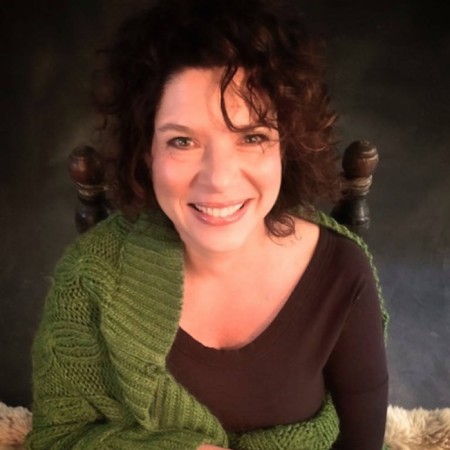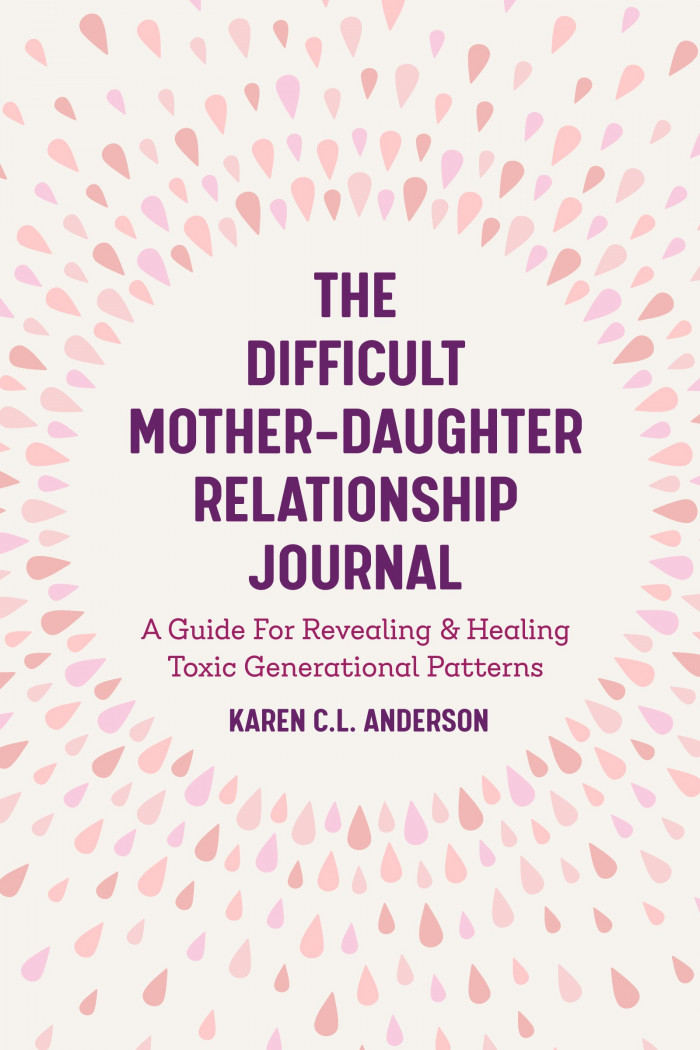Question from a reader:
How do I navigate and get over the guilt I feel because I am choosing to protect myself instead of calling my mother (or rarely calling her). For a while, phone calls had resumed and were cautiously pleasant, until she spent a month in the hospital after a fall. I called her once while she was there and she was extremely awful. I cut the conversation short and did not call back until she was home again. She managed a whole day before fainting and falling again, then spent another week in the hospital. During the last call she was very agitated and anxious and ended up shouting at me. I put the phone down. I feel guilt for not calling as she’s home again and unwell, but I can’t bring myself to walk on egg shells again. I feel guilty because she is frail and scared of falling again.
Dear you…
In this case…
Guilt is pretending to be necessary (with thanks to Eckhart Tolle who once said, “worry pretends to be be necessary.”)
Guilt is making you think you don’t have a choice.
Guilt is making you take action you don’t want to take
Guilt is making you not trust yourself.
Guilt is making you believe that no matter what you do, it’s going to suck.
Guilt is keeping you in a “less-than” helpless position.
I’d like to invite you to consider three things:
#1 you’re allowed to make choices based on your needs and preferences.
#2 you can handle it if and when your mother is awful, even if that means you hang up the phone.
#3 guilt is optional.
Recognizing that you are making a choice is the difference between telling yourself that you’re helpless and at the whim of her moods, and seeing that you have self-agency.
Take a moment right now to feel the guilt. To feel the “should.” To feel the resentment that comes from the “should.” Then imagine calling her from that emotional state. And imagine her yelling.
Now take a moment to remember that you have a choice. No one is forcing you. You can call her or not. There’s no guilt or resentment. Imagine calling her from that emotional state. And imagine her yelling.
It’s the difference between:
“I have to call her because she’s not well and that’s what daughter’s are supposed to do, even though I don’t want to because I don’t know how she’ll be, will she be nice or will she yell at me?”
and
“I’m choosing to call her. She might lash out, she might not. Either way, I trust myself to handle it appropriately.”
When we become the emotionally mature ones in the relationship we no longer make their emotionally immature ways mean anything about us and there’s nothing, really, to protect.
This is one of the ways we break the bonds of tribal shame. It’s how we transform the legacy of “should” and helplessness into a legacy of sovereignty.
What do you think?
Much, much love,
Karen
Reveal patterns. Heal shame. Transform legacies.
The Alpha Mare is calm, because her boundaries are impeccable. She knows who she is, and the other horses do not mess with her. They do not approach her without her invitation. The Alpha Mare does not let herself be influenced by another horse’s fears or anxieties or aggression. She knows the right thing to do, and she does it. The other horses follow her lead. She doesn’t need approval or permission. She lives and breathes from a place of integrity and certainty, because of her strong and appropriate boundaries. As a result, she is relaxed and at peace. She has an undefended heart.
Want to do this work with me? Let’s Make It Real in 2020.
Original post found here.


